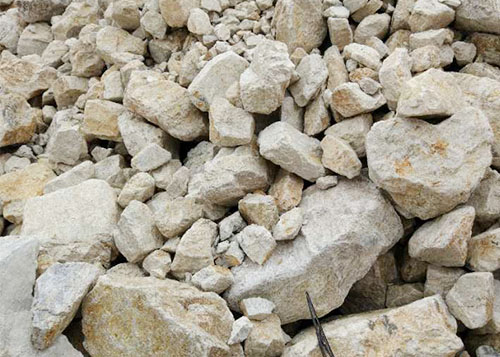Contact person: Li Yan
Tel: 13478023966
Contact person: Gao Tianyu
Telephone 18241295123
Contact person: Ran Entong
Tel: 18804233223
Contact person: Wang Haichuan
Tel: 13591588822
Contact person: Zhang Guobin
Tel: 13104229487
Contact person: Zhang Guoqiang
Tel: 1394 1205541
Website: en.lntalc.com
Address: Wangjiakan Village, Bali Town, Haicheng City, Liaoning Province, China
Talc is widely distributed in the crustal lithosphere and has a large output. It can be widely used in paper industry. Haicheng talc powder talc has chemical stability, low hardness, lubricity, lamellar structure, lipophilicity and hydrophobicity. Proper use of talc in papermaking industry can effectively improve the performance of paper. In China, more than 50% of talc powder output is used in paper industry. Its uses mainly include paper fillers, coatings and resin controllers.

Talc has the following advantages when used as filler in papermaking process: 1. it is beneficial to improve the smoothness, opacity and printability of paper; 2. it can prolong the service life of papermaking Web because of its small wear value; 3. its chemical properties are stable, and it can be used not only in acid papermaking, but also in neutral papermaking with calcium carbonate; 4. it has good combination with sizing agent to keep the sizing material and prevent printing ink. Permeability; _Oil-affinity, can absorb organic substances, make white water and pulp system clean, as fillers, but also play a role in removing resin barriers, and help to remove ink in waste paper deinking; _has a certain hydrophobicity and lubricity, can reduce the water absorption of paper, improve paper smoothness, softness, reduce calendering, finishing and other operational barriers; It can save in paper and reduce the consumption of fiber per ton of paper products.
Talc, as a coating pigment, has good fibre covering ability and printing effect. It can improve the whiteness, opacity, smoothness and printing gloss of coated paper, endow paper with higher ink absorption and improve gravure printing quality. And talc has lubricity. The coated paper made of talc can obtain high finishing degree on calender and reduce the use of lubricant in paint. However, because of its hydrophobicity, talc also has its corresponding shortcomings: it is difficult to wet and disperse in the preparation of coatings, the coatings made have shear expansion, low retention rate, and easy to cause paper powder dropping. Therefore, some talc needs surface treatment before use.
Because of the lipophilicity of talc due to its structural characteristics, the application of talc in pulping and papermaking can effectively control the resin and anionic stickiness. On the one hand, it can adsorb stickies which are hydrophobic in papermaking system, reduce the surface energy of anionic stickies and make them lose their unique stickiness, thus inhibiting stickies'adhesion, coalescence and deposition; on the other hand, stickies which have already coalesced can also adsorb talc, thus reducing stickies' surface viscosity and avoiding further coalescence and deposition.
In general, talc plays an important role in the paper industry because of its unique hydrophobic properties. How to make good use of the characteristics of talc needs to be explored.
New Talc Products
At present, the new talc products which can be used in papermaking industry mainly include cationic modified talc, solid paraffin and AKD modified talc, black talc, magnesium-aluminium hydrotalcite, etc. Among them, cationic modified talc powder can better absorb anionic garbage produced in papermaking process; when solid paraffin and AKD modified talc are used as fillers in papermaking, paper can obtain higher resistance to liquid penetration, and the tensile strength of paper can be significantly improved after AKD modification; the whiteness of calcined ultrafine black talc can be reached. In theory, it can be considered to be used in functional paper-making paint pigments (instead of part of titanium dioxide and calcined kaolin), as well as functional paper-making fillers and adhesive control agents, which have potential market development prospects. It can improve the opacity and whiteness of paper, and has a good flame retardant effect.